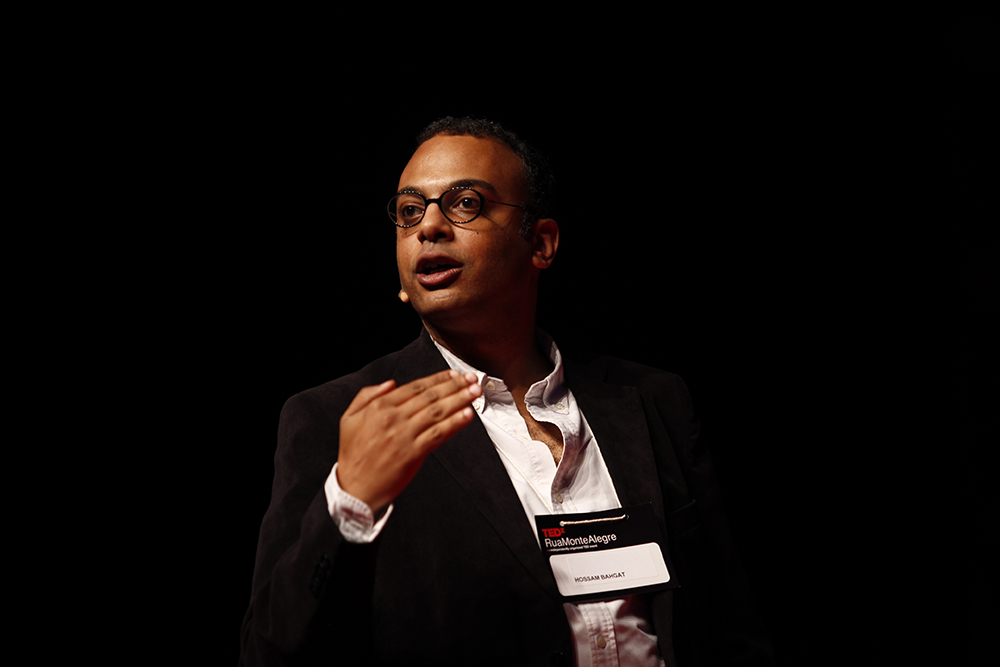Egypt :: crackdown on activists
Egyptian government freezes assets of human rights defenders and NGOs

The Cairo Criminal Court ruled on Saturday, September 17, to freeze the assets of five human rights defenders and three non-governmental organizations. Hossam Bahgat, Gamal Eid, Bahey el-Din Hassan, Mostafa al-Hassan and Abdel Hafez Taye are known for pressuring the Egyptian government to guarantee and defend human rights in the country.
The ruling, which confirms the threat of a new wave of persecution and restriction of civil society in the country, comes amid an investigation into foreign funding of local organizations, which began in 2011 after the popular demonstrations that overthrew former president Hosni Mubarak.
In a statement released on Tuesday, September 20, the Office of the UN High Commissioner expressed concern with the decision of the court and, in particular, with the possibility of the case opening the way for further criminal proceedings against the defendants, which could result in life imprisonment.
Read more
The Office also mentioned the commitment of the Egyptian State to accept a number of recommendations made during the two cycles of the UN Universal Periodic Review, related to the promotion and protection of the right to freedom of association in the country. “We urge them to uphold those commitments, including through the enactment of an NGO law that fully complies with Egypt’s international human rights obligations, as well as with Article 75 of its own Constitution.”
In support of the Egyptian defendants, Conectas on Tuesday sent a letter to the Ambassador of the Arab Republic of Egypt in Brazil and another to the Human Rights and Social Issues Division of the Brazilian Foreign Ministry, in which, among other things, it calls for the diplomatic authorities to condemn the ongoing criminalization of activists in the country.
According to Conectas, which has been involved in the case since 2014, silencing the voices of human rights defenders though intimidation and various restrictions on their work has profound consequences for Egyptian society and for the country’s international relations. “Civil society cannot be considered criminal for investigating and denouncing rights violations,” it said.
Click here to read the letter sent to the Ambassador of the Arab Republic of Egypt in Brazil.
Click here to read the letter sent to the Human Rights and Social Issues Division of the Foreign Ministry.






